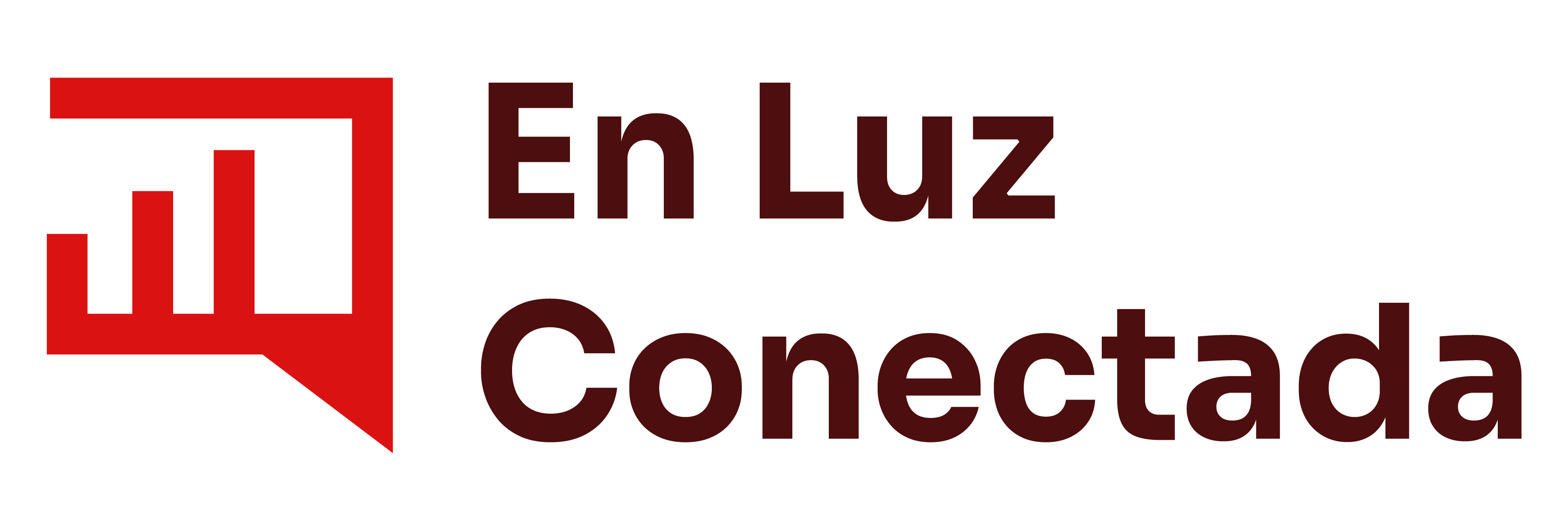Are you ready to buy your first home? Or do you feel lost in the world of mortgages? Getting your first mortgage can seem scary, especially if you’re new to this. But don’t worry, we’ve got you covered.
We’ll explain everything you need to know, from the best rates to who can help you. You’ll learn from trusted sources like the Canada Mortgage and Housing Corporation and the Canadian Bankers Association. This guide will help you understand the mortgage process in Canada.
With the housing market always changing and interest rates shifting, it’s important to know how to find your way. This guide will show you how to make a smart choice when buying your first home.
Understanding the Basics of Mortgages
A mortgage loan is key for buying a home in Canada. There are many types of mortgages to fit different needs. Fixed-rate mortgages have steady payments, while variable-rate mortgages change with the market.
Open mortgages let you pay off the loan anytime without penalties. Closed mortgages often have lower interest rates but don’t let you pay off early.
Important terms like principal, interest, amortization, and loan-to-value (LTV) ratio are crucial. The principal is the amount you borrow, and interest is the cost of borrowing it. Amortization is the plan to pay off the loan over time. The LTV ratio shows how much of the home’s value you’re borrowing.
Lenders look at your credit score, income, and debt when deciding. Working with a mortgage broker can make things easier. Brokers know the market well and can find the best rates for you.
Assessing Your Financial Situation
Before you start applying for a mortgage, it’s important to check your finances. A mortgage calculator helps you see what you can afford. It looks at your income, debts, and expenses.
Getting a mortgage is not just about your income and bills. Your credit score matters a lot too. Equifax can help you understand what makes a good score and how to improve it. Paying off debts can also help your credit score, making it easier to get a mortgage.
Having enough for a down payment is key to getting a mortgage. Saving regularly shows lenders you’re financially stable. Using tools for financial planning can help you save better. These steps help you understand your finances better, making it easier to get a mortgage.
Navigating the Mortgage Application Process
Applying for a mortgage needs careful attention to details. First, you need to gather important documents. These include proof of income, credit history, and identification.
Working with a mortgage broker can be helpful. They offer access to more mortgage products. This makes the application process easier. They help find the best rates and terms for you.
It’s smart to compare mortgage options. Ask for quotes from different lenders. This way, you can find the best rates that fit your finances. Using resources like the Canadian Mortgage and Housing Corporation (CMHC) can also help you understand the process better.
The Mortgage Approval Process
Getting a first mortgage means understanding the approval process. This stage is called underwriting. Here, a lender checks your application against certain rules. They look at your financial details, credit score, and debt levels.
The lender wants to know if lending you money is a good risk. To boost your chances, make sure your finances match what banks want. A stable job, good credit, and manageable debt are key. RBC says showing you can handle money well can get you better rates.
Even with careful planning, some applications might get denied. Reasons include not enough income, bad credit, or not meeting lender rules. Knowing these reasons can help you avoid problems and improve your application success.
Closing the Mortgage Deal
Closing the mortgage deal is the last step to owning a home. It’s when all the mortgage details are finalized. Buyers need to get ready for closing costs like legal fees and taxes. Knowing these costs ahead of time helps avoid surprises.
It’s also key to review the mortgage agreement carefully. This helps avoid any future problems.
During closing, buyers will sign all the necessary papers. They should ask questions about the mortgage terms and costs. This ensures they make informed decisions that fit their financial plans.
For more information, the Canadian Bar Association and the Canada Mortgage and Housing Corporation (CMHC) are great resources. The Canadian Real Estate Association also offers helpful insights. By understanding the process well, buyers can close their mortgage deal confidently.





